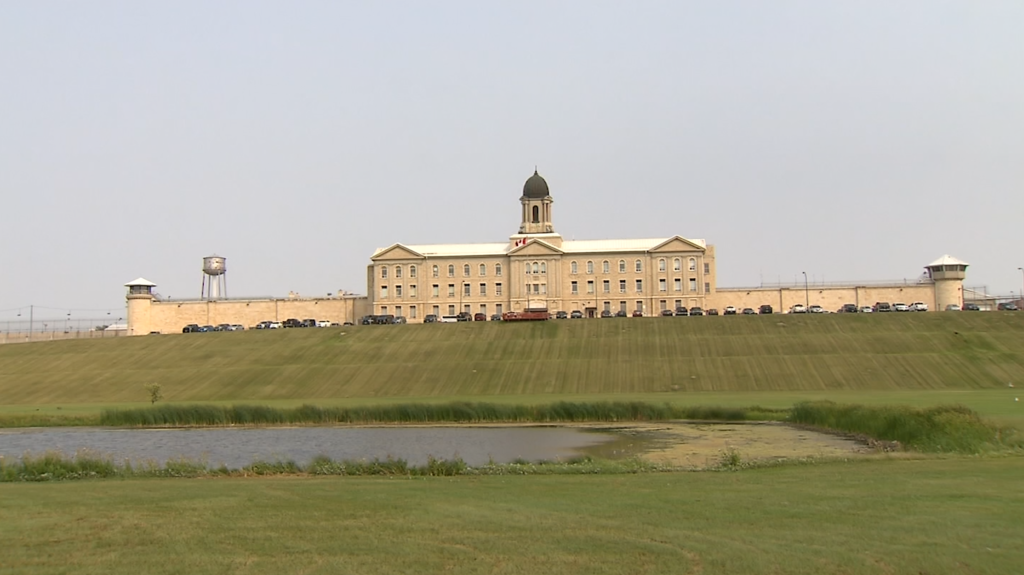Legislation would make Louis Riel honorary first premier of Manitoba
Posted November 23, 2023 1:49 pm.
Last Updated November 23, 2023 7:43 pm.
The Manitoba government has introduced a bill to recognize Metis leader Louis Riel as the province’s honorary first premier.
“Louis Riel is the reason that we as Manitobans are also Canadians,” said Premier Wab Kinew.
Premier Wab Kinew, who is Manitoba’s first First Nations Premier, made the announcement alongside the Manitoba Metis Federation. Recognizing Riel as the first Premier of Manitoba was a campaign promise by Kinew and reiterated his commitment Thursday by saying Riel has always been the first Premier.
“Today, we are honouring and respecting the work that Mr. Riel, to found the province of Manitoba and to bring our province into this great country of Canada,” said Kinew.
Louis Riel made significant contributions to both Manitoba and Canada, fighting to protect the lands and rights of the Red River Metis. Riel was also the leader of two resistance movements, and at just the age of 25, he led an uprising and formed a provisional government, presenting Canada with a Bill of Rights, known today as the Manitoba Act.
However, he was tried, convicted, and hanged at the Northwest Mounted Police barracks in Regina on November 16, 1885, for his resistance and at the time, was seen as a traitor. He was just 41 years old when he was killed.
He was hanged after a later resistance in what is now Saskatchewan.
Manitoba Premier Wab Kinew says the bill will recognize Riel for his contributions, including establishing a list of rights for citizens.
Kinew says the government also plans to ensure Riel’s full story is taught in schools.
David Chartrand, president of the Manitoba Metis Federation, says his group has been working for decades to have Riel recognized as the province’s founder.
“It took 153 years to get justice,” said Chartrand.
“Why did it take an Indigenous premier to do the right thing, to correct the right wrongs of a man that they murdered in this country, a great leader that we admire today? It took an Indigenous leader to correct that. Why? Is that how far we are still behind regarding how we respect each other as different societies, minorities.”
Anita Campbell says Riel’s legacy as a leader will now be properly recognized.
“In history, when you look at it, and I said this before, he wasn’t only fighting for our rights, he was also fighting for our identity, and to this day, it is something we can all be proud of.”
With files from the Canadian Press








